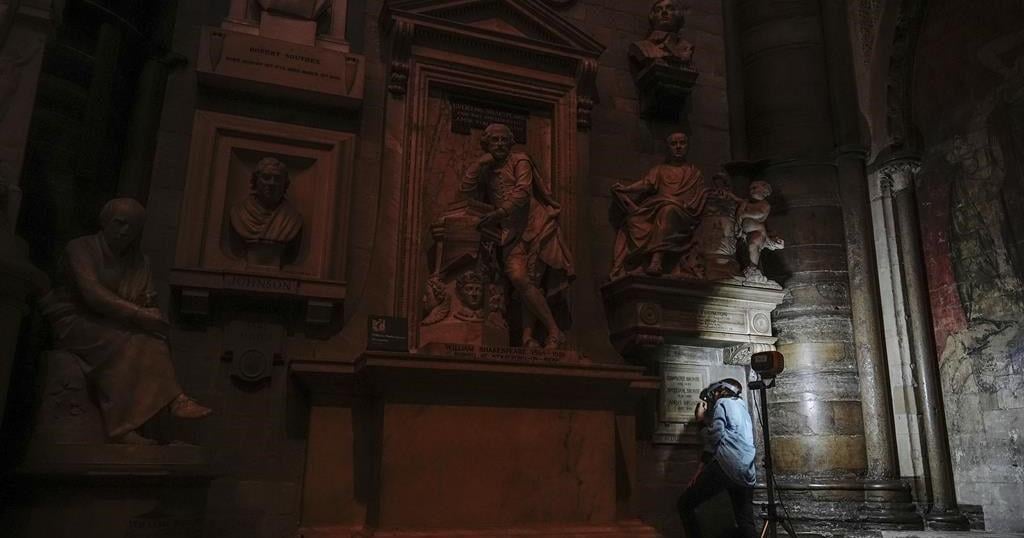t Winchester college, the alma mater of Rishi Sunak, students can take classes in wood carving and sculpture, perform on a proscenium stage at the school’s 240-seat theatre, or make use of the 2,000 books in its art library. The story is very different at state schools, which have seen a steep reduction in arts provision over the last decade. “The moment that convinced me to go on strike was when my school lost its specialist art teacher,” one striking teacher wrote in this newspaper last week. “Activities such as art [and] music … are the highlight of the week for a lot of pupils, but they’re the first to go when resources are short.”
English state schools are facing a creativity crisis. Since 2010, enrolment in arts GCSEs has fallen by 40% and the number of arts teachers has fallen by 23%. This shift is most pronounced among state schools in deprived areas, where pupils are far less likely to sing in a choir or play in an orchestra. Meanwhile, private schools have invested substantial resources in art and music provision, according to research from Warwick University. This depressing trend is part of a wider and self-reinforcing pattern. As fewer state students have the opportunity to engage with arts or music, fewer go on to study these subjects at A-level or university. The risk is that arts subjects will be restricted to a privileged few, shrinking the cultural horizons of everyone but the elite.
Art makes a person broader-minded and more imaginative. Yet the government’s bleakly utilitarian attitude to education has narrowed the opportunities available to state school students. Artists and teachers have long railed against the English baccalaureate, the system introduced without consultation under the former education secretary Michael Gove in 2010. The Ebacc excludes all arts subjects. It is also the bedrock on which a school’s Progress 8 score is based, which determines its place in performance tables. This gives schools an incentive to focus on “core” subjects – English, maths and sciences. Independent schools are not bound by these rules or performance tables, and are free to do what they deem best for their pupils.
Cuts have made this picture worse. In the 10 years after 2009, spending per pupil in England fell by nearly 10% in real terms. As support staff have been cut, overstretched teachers have less capacity to run choirs or put on school plays. Although the government announced an additional £2.3bn in school funding in last year’s autumn statement, most of this will be eaten up by the growth in school costs. Because arts subjects require space and resources, they are often most vulnerable to budget cuts. In their 2019 manifesto, the Conservatives promised a £110m arts premium to help schools fund arts programmes and extracurricular activities. This was whittled down to £90m in Mr Sunak’s 2020 budget. He promised this money would arrive by September 2021. But it has still yet to materialise.
The investment that private schools have made in arts provision refutes the notion, favoured by Conservative ministers, that education is simply a training ground for the labour market. But even on a purely economic basis, the government’s approach to arts education is self-defeating. In a recent speech, the chancellor, Jeremy Hunt, noted that the cultural industries had grown at twice the rate of the UK’s economy over the last decade. Tackling the creativity crisis in state schools is a matter of urgency, both for pupils and for the country as a whole.




















